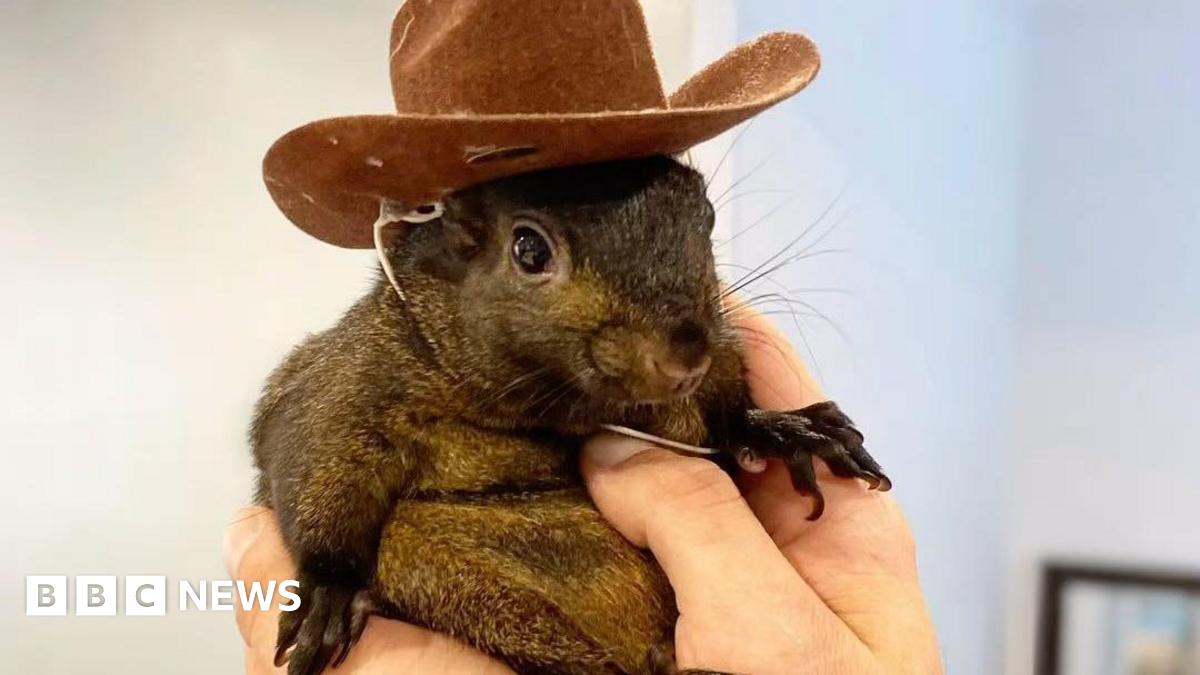Only from the state you're in. It isn't when you're dreaming, so how do you know you're not in a hallucination now?
When you take hallucinogens, they show you that reality can be altered. You then realise that your concience is based on inputs from sensors and the way the inputs are processed, and that the sensors are not necessarily consistent in the way they give you inputs, and neither is the processing.
Have you tried a decent VR headset yet? This more than anything made me start to question reality.
It's an interesting subject actually.
One of the main indicators that dreaming is different from reality, is that events taking place in a dream tend to lack sensory input aside form auditory and visual. I don't have that many vivid dreams, but the other night I did have a pretty spectacular one.
In the dream, I was walking along the edge of a sports field that I know well. I was right at the edge beside some tall trees. Suddenly, an enemy drone flew slowly along the length of the path where I was and its gun turret turned towards me and fired something. I was quite alarmed at the scenario, especially when the gun pointed my way. When it fired, I was hit all over my shoulders by something it had fired at me and I fell to the ground. I felt something, but there was no intensity at all. I then woke up and that's why I recall what was in the dream. If you don't wake, or at least almost wake, you don't remember the dream. Your conscious mind (the real reality) needs to pay attention to the event / story for you to remember it later.
Anyway, I was right away interested in the fact that the dream of being shot, or perhaps sprayed with shrapnel, did not hurt.
Reality is what we notice with our perceptual system when we are conscious and alert. If I am drowsing and half asleep, all kinds of mental scenarios might run through my head. They are not real though, although the brain really is imagining them.
Another state of consciousness happens when a fiction writer is imagining the way his story develops. I have done some fiction writing and I used to get into a very strange mental state while I was doing it. It felt like I was drifting away in a different state of mind , quite different to my normal sense of reality, and in that state, my imaginings took me into the scenarios I was trying to explore. It felt like I WAS the character, or as if I was there watching them. It is quite a weird state of mind, but of course, it is only happening between my ears and not in the real world.
My only contact with VR headsets is a few minutes wearing my grandson's VR head set. I think it cost a fair bit, but I don't know. It had very high resolution and I felt it was unnerving as the scene changed when I moved my head around. A bit disconcerting. That's my total experience of them.
Of course there is OBJECTIVE REALITY taking place in the actual world. The beetle scuttling over the soil REALLY is moving over it. It moves whether I am there to watch it or not. Its movement and its existence does not depend on someone watching it. It IS there.
Then we come to how we KNOW about the beetle. Our senses are the only pathways by which our brain receives information. Nerve pathways connect the transducers in our eyes, ears, nose, skin and taste. We get these inputs and through learning in infancy, we come to 'know' about the world and to make sense of what we find in it, although we only ever find the sensations and not the real thing. I know from science that a table is made of wood which contains large pores and is made up of atoms which are separate and only connected by atomic forces. It does not feel like that when I bang my fist on the table. Then it feels solid. This is just the limitation of my sensory system. Take a look at a drop of pond water under the microscope and you will soon see the limitations of our eyes as a perceptual system. That innocuous drop of water under the microscope becomes a world full of monstrous creatures, swimming about and eating one another. Increase the magnification and it becomes something else again.
Going back to how we learn to understand the world through sensations - watch a new baby trying to make sense of what it sees. They blink and twist their faces as they try to see. Vision is a very complex process from the perception point of view. Yesterday my newest grandson (six months old) was whinging at my son's house so to get a bit of peace, I took him into the garden and let him grab the wet leaves. He seemed amazed at them, trying to grab and feel them. I stopped when he put acer leaves in his mouth and tried to eat them. He likes vegetables., but I doubt his mother would consider acer leaves acceptable. If you give a small child a new thing to look at, they will be all over it using all the senses they can to understand what it is.
But as I said - the beetle is there whether I see it or not. There is reality. We just interpret that through the perceptual and logical channels we have available.



















